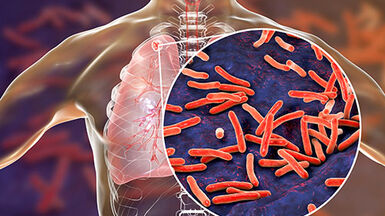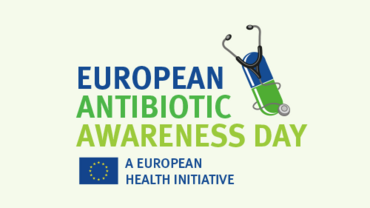ECDC/EFSA Regional workshop on One Health approach against antimicrobial resistance in EU pre-accession countries
ECDC together with the European Food Safety Authority (EFSA), in close collaboration with the European Commission services (DG SANTE and DG NEAR) and WHO/Europe organised a Regional workshop on One Health approach against AMR for EU pre-accession countries.
In February 2019, a total of 44 participants with expertise in human and animal health from six Western Balkan countries, Turkey, four European Union (EU) and European Economic Area (EEA) countries, the European Commission, WHO’s Regional Office for Europe, the European Centre for Disease Prevention and Control (ECDC) and the European Food Safety Authority (EFSA), gathered together for the first time. Their objectives were to:
- reflect on the work done by countries in prevention and control of antimicrobial resistance (AMR) since 2012;
- get an update on the new EU ‘One-Health’ action plan for AMR and related EU acquis
- share best practices from EU Member States and exchange experience on a ‘One-Health’ response to AMR in the areas of human and animal health and the environment;
- identify key priority areas that need to be addressed at regional level to advance with a ‘One-Health’ response to AMR1.
The discussions among the 26 experts from the Western Balkan countries also aimed to promote a ‘One-Health’ response to antimicrobial resistance in the region and define key building blocks for multi-country ‘One-Health’ action against AMR with tangible, time-bound interventions to be financed by the EU.
The countries concerned have made progress and are currently at different levels of advancement in their national responses to AMR. It is now necessary to continue successful initiatives and embark on a next phase of accelerated activities using all available resources and partnerships at national and international levels.
A ‘One-Health’ conference among Western Balkan countries at governmental level, involving ministers of health, agriculture and the environment would send a strong message on the importance of joining forces to address AMR in a comprehensive manner. The conference conclusions would serve as a commitment by the ministers to common goals and would include a mechanism for following up on countries’ progress towards their commitments after the conference.
Countries need to review and/or fully align their national legal framework to enable effective implementation of EU legislation relating to AMR and EU standards. Setting specific and measurable targets should be the basis for national strategies and action plans. Moreover, having regular information updates on AMR and antimicrobial consumption available would enable proper monitoring against targets.
Writing an annual joint ‘One-Health’ report on antimicrobial consumption and AMR in bacteria from food animals, foods, and humans represents an opportunity for each Western Balkan country to increase collaboration between the different sectors, analyse the information from available data and see how the data can be improved. It is also an opportunity to provide clear information to stakeholders and the media.
The capacity of microbiology laboratories to detect cases needs to be further developed, including improvement of laboratory testing methods and equipment, such as rapid diagnostic tests, antibiotics susceptibility testing (AST) or new technologies and bioinformatics.
Developing an electronic AMR surveillance system represents an opportunity for electronic and automatic reporting of standardised AMR data from clinical and veterinary laboratories. Electronic reporting of data would facilitate the notification of AMR cases to health authorities and the exchange of data between institutions in each country. EU support for digitalisation of laboratory data sharing system would be needed to ensure that IT infrastructure allows interconnectedness with epidemiological data and veterinary data for better information flows between sectors and public health fields, as well as between the countries in the region (and the EU).
There is a need at all levels for training on monitoring and surveillance of AMR, infection prevention and control, sample collection, microbiology laboratory data analysis, bioinformatics tools, providing feedback, and antibiotic stewardship programmes.
‘One-Health’ country visits to discuss AMR issues in each of the Western Balkan countries would help to identify gaps in the individual countries and support the development of roadmaps on AMR in different sectors: human health, animal health and patient safety.







